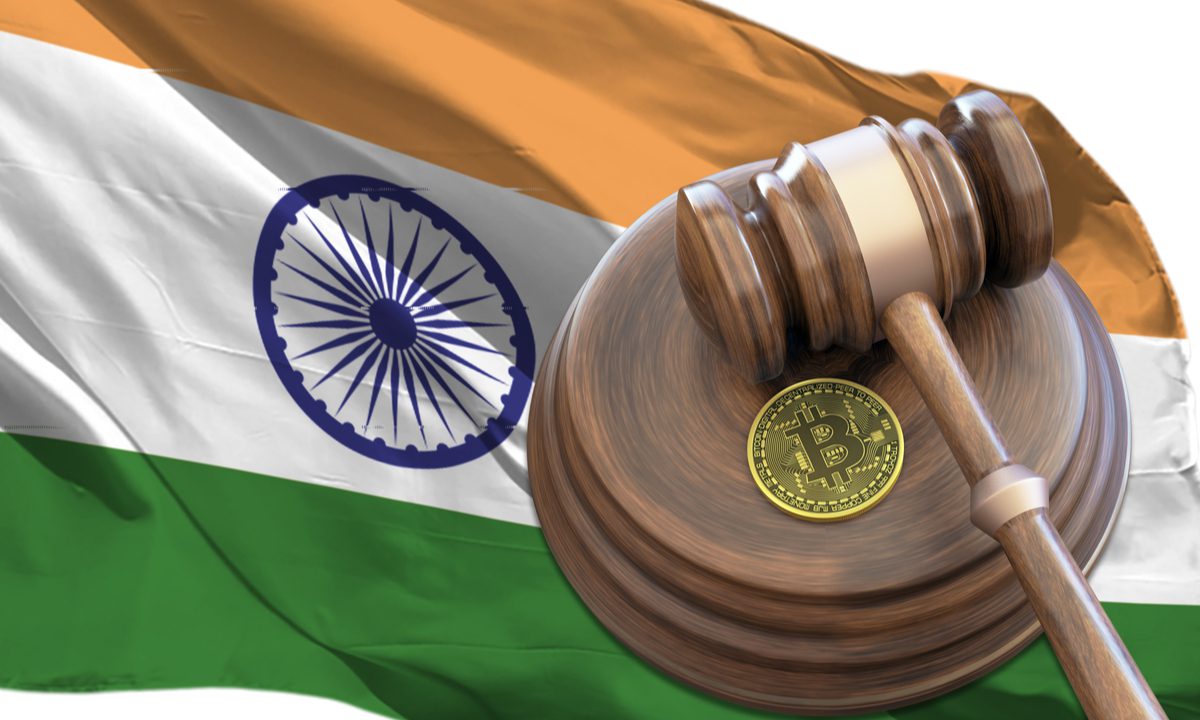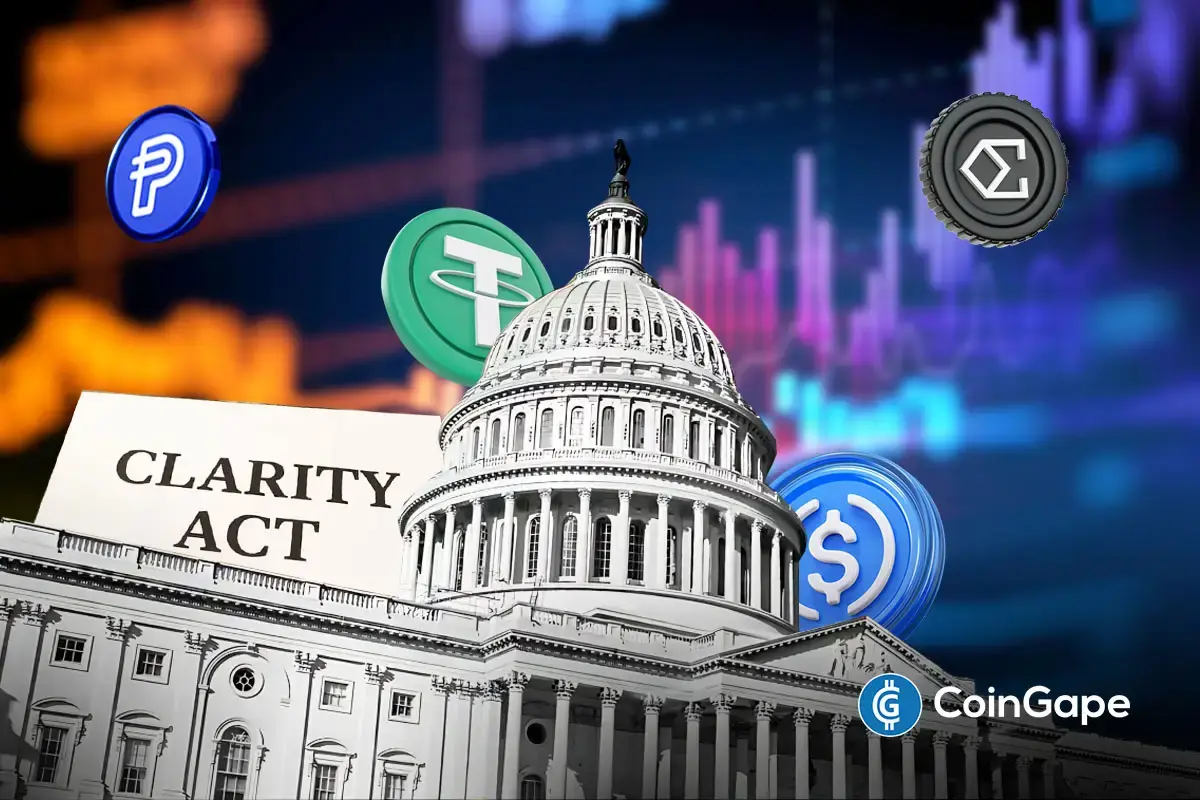Indian Banks Seek Regulatory Clarity Over UPI Support For Crypto Trading

Indian Banks have asked the National Payments Corporation of India (NPCI) to clarify its stance on the use of UPI and IMPS for crypto trading.
At a recent meeting, banks raised concerns over a lack of clear directives from the NPCI after the payments body asked banks to stop UPI for the trading of cryptocurrencies.
The NPCI raised questions on the acceptance of UPI for crypto trading after several crypto exchanges such as Coinbase, WazirX, and CoinDCX recently started using UPI to buy and sell cryptocurrencies. Moreover, it created confusion in the crypto community.
Indian Banks Seek Directives on UPI support for Crypto
In a recent meeting, Indian banks have asked the NPCI to clear its stance on UPI use for crypto trading after it instructed banks to block UPI for crypto transactions, reported Economic Times on April 25.
However, a notice clarifying the use of UPI seems unlikely anytime soon, as there are “no intentions of any circular,” said an NCPI official.
Commenting on a possible ban on UPI acceptance for the trading of cryptocurrencies, a banker told the Economic Times:
“If there is a formal circular to ban UPI for cryptos or VDAs, whatever is the nomenclature, the crypto industry in all likelihood would legally contest it — as they had done when RBI imposed a ban in April 2018.”
Meanwhile, bankers have also questioned the authority of nonprofit company NPCI to ban UPI as the payment framework is governed by the Reserve Bank of India (RBI). Also, there is no clarity from the NPCI over the use of IMPS for crypto trading. The vague communications and policies from the government, as well as, crypto exchanges have put the crypto community under uncertainty.
Crypto Status in India After the NPCI Statement
The acceptance of UPI brought some relief to the crypto community after the government confirmed a 30% tax and 1% TDS on cryptocurrencies. However, the NPCI statement pushed back the sentiment, which resulted in a massive decrease in crypto trading volume across exchanges in India.
Play 10,000+ Casino Games at BC Game with Ease
- Instant Deposits And Withdrawals
- Crypto Casino And Sports Betting
- Exclusive Bonuses And Rewards

- Senate Eyes CLARITY Act Markup This Month as Banks, Crypto Continue Stablecoin Yield Talks
- Why XRP Price Rising Today? (2 March)
- Breaking: Bitcoin Price Rises to $70k as Gold Crashes Amid U.S.-Iran Conflict
- Bitcoin News: Anthony Pompliano’s ProCap Buys 450 BTC, Gold Bug Peter Schiff Reacts
- Fed Rate Cuts More Likely If U.S.-Iran Conflict Extends, Arthur Hayes Predicts
- Top 5 Historical Reasons Dogecoin Price Is Not Rising
- Pi Coin Price Prediction for March 2026 Amid Network Upgrade, KYC Boost, Rewards Distribution
- Gold Price Nears ATH; Silver Eyes $100 Breakout on Us- Iran War
- Bitcoin And XRP Price As US Kills Iran Supreme Leader- Is A Crypto Crash Ahead?
- Gold Price Prediction 2026: Analysts Expect Gold to Reach $6,300 This Year
- Circle (CRCL) Stock Price Prediction as Today is the CLARITY Act Deadline

 Buy $GGs
Buy $GGs

















